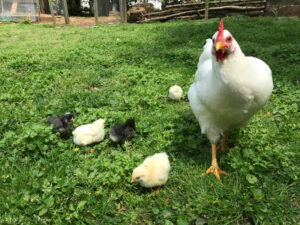
Study Compares Salmonella Rates
Check out the research from an NC State College of Veterinary Medicine student Jessica Parzygnat who is helping us …


El inglés es el idioma de control de esta página. En la medida en que haya algún conflicto entre la traducción al inglés y la traducción, el inglés prevalece.
Al hacer clic en el enlace de traducción se activa un servicio de traducción gratuito para convertir la página al español. Al igual que con cualquier traducción por Internet, la conversión no es sensible al contexto y puede que no traduzca el texto en su significado original. NC State Extension no garantiza la exactitud del texto traducido. Por favor, tenga en cuenta que algunas aplicaciones y/o servicios pueden no funcionar como se espera cuando se traducen.
Inglês é o idioma de controle desta página. Na medida que haja algum conflito entre o texto original em Inglês e a tradução, o Inglês prevalece.
Ao clicar no link de tradução, um serviço gratuito de tradução será ativado para converter a página para o Português. Como em qualquer tradução pela internet, a conversão não é sensivel ao contexto e pode não ocorrer a tradução para o significado orginal. O serviço de Extensão da Carolina do Norte (NC State Extension) não garante a exatidão do texto traduzido. Por favor, observe que algumas funções ou serviços podem não funcionar como esperado após a tradução.
English is the controlling language of this page. To the extent there is any conflict between the English text and the translation, English controls.
Clicking on the translation link activates a free translation service to convert the page to Spanish. As with any Internet translation, the conversion is not context-sensitive and may not translate the text to its original meaning. NC State Extension does not guarantee the accuracy of the translated text. Please note that some applications and/or services may not function as expected when translated.
Collapse ▲
Check out the research from an NC State College of Veterinary Medicine student Jessica Parzygnat who is helping us …
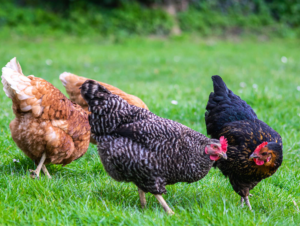
Our next Backyard Flock Series will be about reportable diseases. Dr. Rebecca Mansell, Director of Poultry Health Programs for …
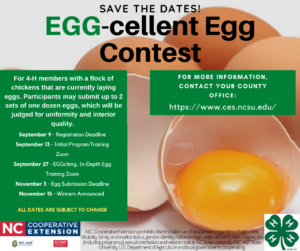
Are you a 4-H member with a flock of chickens currently laying eggs? If so, enter the Egg-cellent Egg …

Thank you to everyone that participated in the “Hatch Butterflies” program when 4-H Embryology took a break due to …

If you are a 4-H agent or Program Assistant who will hatch out chicks with 4-H Embryology, please join …
Youth Flock Owners: Please read the latest update from the North Carolina Department of Agriculture and Consumer Services released on …
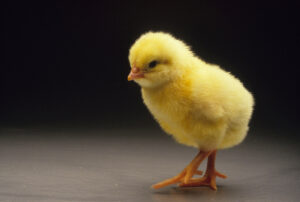
If you are a 4-H agent or Program Assistant who will hatch out chicks with 4-H Embryology, please join …

North Carolina A&T Small Farms Week is coming up in a couple of weeks! This is a great opportunity …

The final compliance date for the Preventive Controls for Animal Food (PCAF) rule, part of the Food Safety Modernization …
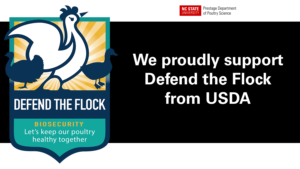
PDPS is proud to partner with USDA APHIS to support the Defend the Flock public education program. New resources, …

This publication discusses flying unmanned aerial vehicles (drones, model aircraft) for commercial purposes. You'll learn …
Throughout this manual we have discussed how organic farmers strive to build healthy soil in …
In our drive to meet the food and fiber needs of ever-increasing populations, we are …
Cover crops are pivotal parts of every organic farmer’s management scheme. They are crucial to …
This document was developed in workshops with North Carolina growers to provide a framework for …
This publication describes the major systems used in farm equipment and outlines basic maintenance procedures …
The grape and wine industry in North Carolina is now worth in excess of $30 …

This guide describes common types of well construction in North Carolina and offers advice for …